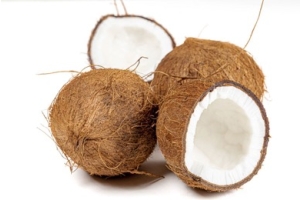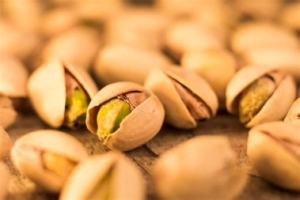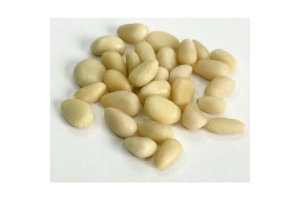Unlocking the Power of Hemp Protein
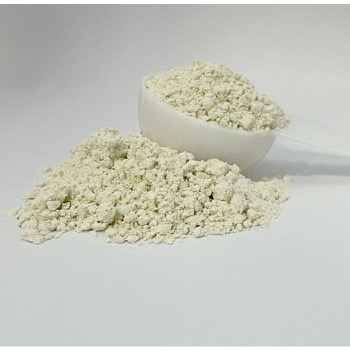
Unlocking the Power of Hemp Protein
In recent years, the health and fitness community has been buzzing about the potential benefits of hemp protein for muscle growth and maintenance. This plant-based protein source has gained popularity for its nutritional value and its potential to rival traditional protein sources like whey and casein. In this article, we'll delve into the scientific evidence behind hemp protein's role in supporting muscle health and explore how it stacks up against other protein sources.
Understanding Hemp Protein
Before we dive into the benefits of hemp protein, let's first understand what it is. Hemp protein is derived from the seeds of the hemp plant (Cannabis sativa). Unlike its close cousin, marijuana, hemp contains very low levels of the psychoactive compound THC (tetrahydrocannabinol). Hemp protein is obtained by grinding the seeds of the hemp plant and then removing the oil content. What's left is a protein-rich powder that's typically used in protein supplements and various food products.
The Nutritional Powerhouse
One of the primary reasons hemp protein has gained traction in the fitness world is its impressive nutritional profile. It is considered a complete protein source, meaning it provides all nine essential amino acids that the human body cannot produce on its own. Amino acids are the building blocks of protein, and they play a crucial role in muscle repair and growth.
Hemp protein is not only a source of protein but also offers an array of essential nutrients, including fiber, healthy fats, vitamins, and minerals. Here's a breakdown of its key nutritional components:
Protein
Hemp protein contains approximately 20-25 grams of protein per 30-gram serving, making it comparable to many animal-based protein sources.
Fiber
Hemp protein is an excellent source of dietary fiber, which aids in digestion and helps maintain stable blood sugar levels.
Healthy Fats
It provides a balanced ratio of omega-3 and omega-6 fatty acids, essential for overall health.
Vitamins and Minerals
Hemp protein contains vitamins such as vitamin E and minerals like magnesium and iron.
Hemp Protein for Muscle Growth
Amino Acid Profile
Hemp protein's amino acid profile is impressive. It includes branched-chain amino acids (BCAAs) like leucine, isoleucine, and valine, which are known for their role in stimulating muscle protein synthesis. Leucine, in particular, plays a pivotal role in muscle growth.
Digestibility
Hemp protein is highly digestible, which means that the body can efficiently absorb and utilize the amino acids it provides. This is essential for maximizing muscle protein synthesis.
Anti-Inflammatory Properties
Hemp protein contains gamma-linolenic acid (GLA), a type of omega-6 fatty acid with anti-inflammatory properties. Reduced inflammation can help support muscle recovery after intense workouts.
Choosing the Right Protein for Your Goals
When selecting a protein source for muscle growth and maintenance, it's essential to consider your individual goals and dietary preferences. Hemp protein is a versatile option that can be incorporated into various recipes and diets, making it suitable for vegans, vegetarians, and those with dairy sensitivities. If your primary goal is rapid post-workout recovery, whey protein may be more suitable. However, hemp protein can play a valuable role in overall muscle health and can be a part of a well-rounded diet.
Conclusion
Hemp protein is emerging as a powerful player in the world of muscle growth and maintenance. With its impressive nutritional profile, amino acid content, and digestibility, it offers a compelling alternative to traditional protein sources. While it may not be the sole answer to all your muscle-building needs, it certainly deserves a place in your dietary arsenal. Consider incorporating hemp protein into your nutrition plan, and consult with a nutritionist or fitness expert to determine the best protein sources for your specific goals.
In summary, hemp protein's benefits extend beyond muscle growth and maintenance, encompassing overall health and well-being. Its versatility, combined with its nutritional richness, makes it a protein source worth exploring on your journey to better fitness and nutrition.



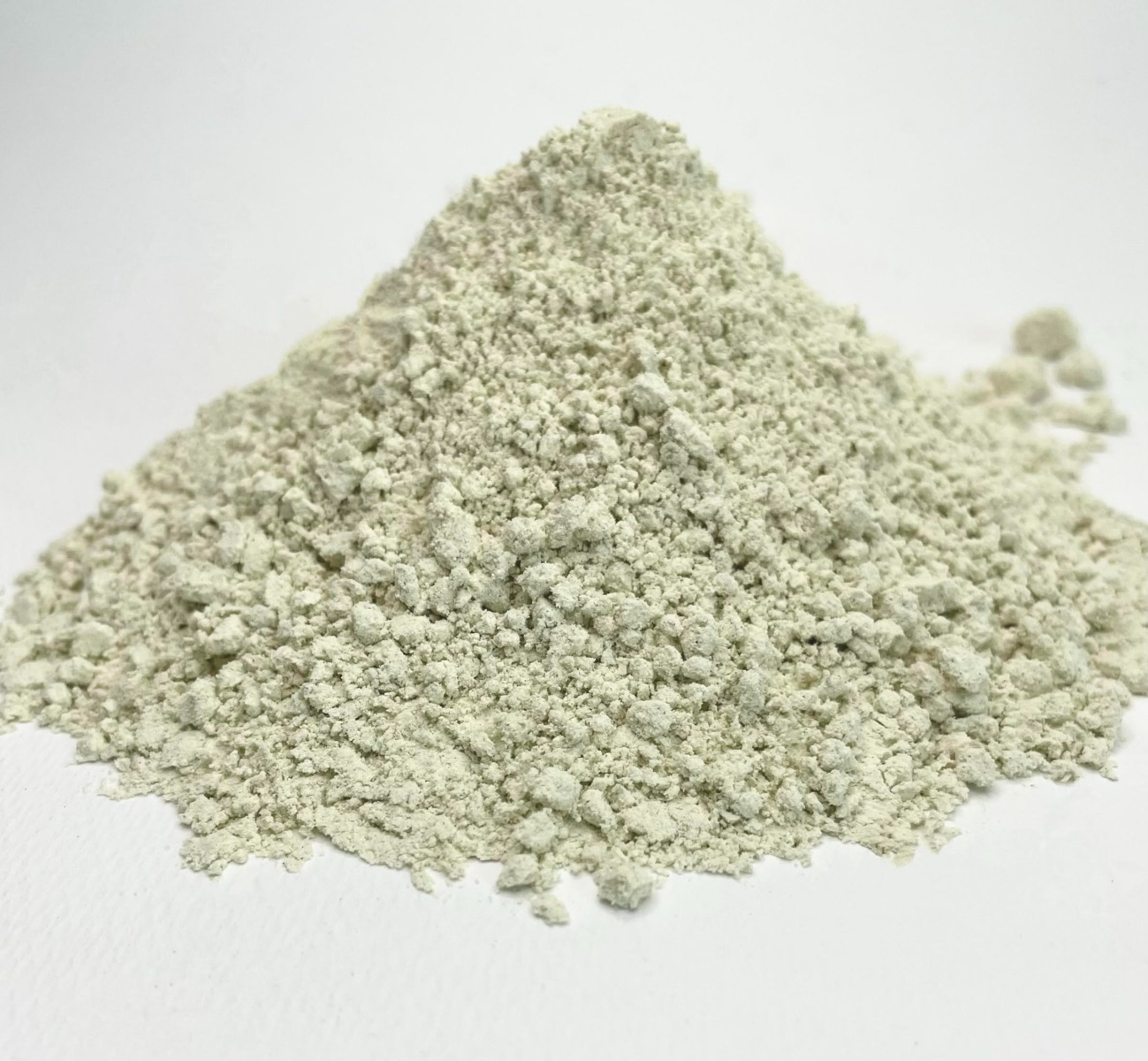
 Over 500 health and wellness products
Over 500 health and wellness products Everyday savings and weekly promotions
Everyday savings and weekly promotions The best natural and organic produce from around the world
The best natural and organic produce from around the world Committed to you - over 10 years of trusted service
Committed to you - over 10 years of trusted service